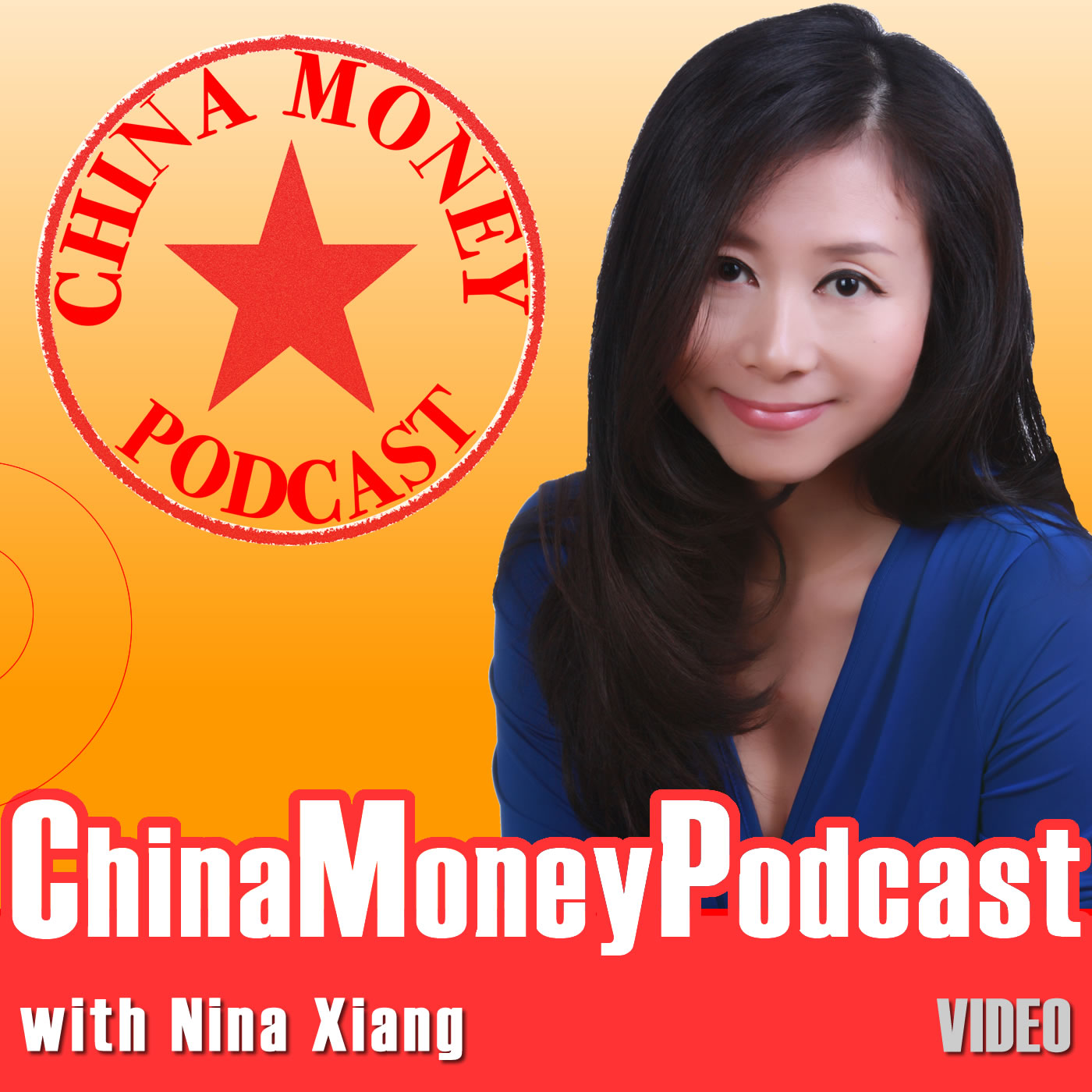Chen Zhiwu: Be Prepared For A Fiscal Crisis In China Within Three Years

http://www.youtube.com/watch?v=r56ZNhS54z8 In this episode of China Money Podcast, guest Prof. Chen Zhiwu, professor of finance at Yale University, discusses why he is an overall pessimist when it comes to China's long-term economic prospects, why he is worried about the economic spillover from China and Japan's dispute over Diaoyu Island for 2013, and why he thinks inflation will run rampant in China for the next ten years. Listen to the full interview in the audio podcast, watch an abbreviated video version, or read an excerpt. Q: Economists are generally optimistic about China's growth this year -- you included. What are some potential roadblocks that could surprise us all on the down side? A: I think whatever domestic economic challenges there may be in 2013, the Chinese government will be able to use policy tools, or if necessary, accelerate infrastructure spending, to fight them off on a temporary basis. But whatever they do for the short-term benefit can create structural problems that will be difficult to overcome down the road. For 2013, the geopolitical risk may surprise people, especially given the noise from Japan and China over the disputed islands. Such hot button geopolitical factors tend to be underestimated by financial market participants. So I'm personally concerned for its impact on the economy. Q: Looking at longer term prospects, the idea of "New Normal," meaning an extended period of lower growth and higher unemployment, has been accepted in the U.S. Do you see that China will go into a "New Normal" of its own kind in the next ten years? A: I think it's highly unlikely for there to be a smooth transition from the "Old Normal" for China, meaning high growth in excess of 8% or 9% a year, to a lower growth "New Normal." For China to keep growing at 6% or 7% a year for another 20 years, major reforms have to take place. But I don't think those reforms are realistic unless some crises take place to make China's entrenched interest groups to sacrifice what they have. Q: What kind of crises do you envision? A: First, an economic crisis. As long as temporary growth can be sustained, the government will continue such a path, even at the expense of long-term structural balances. When growth slows down eventually, corporate loans and local government loans will become a problem for the banks. But the banks' problems won't become a major national crisis as long as the fiscal accounts of the central and local governments are healthy. That's why it will take two or three years for the fiscal crisis to really surface, causing social disturbances and unemployment. If the real estate market is not freed up more, local governments will face more fiscal challenges. But I don't think this year will be the year local governments will collapse. They can still play along for another one or two years before a crisis will emerge. Q: From a foreign investor's perspective, where do you see the most attractive investment opportunities in terms of asset class and industries? The H-share market? Or is it time for bottom fishing the A-share market? A: For the last 20 to 30 years, the best investment strategy for foreign investors has been to invest in foreign multinational companies that receive a large fraction of their revenue and profits from China. If you look at those companies' stocks, compared to the H-shares or the A-shares stocks, they have done much better. This strategy will continue to work going forward. If you really have to invest in Chinese stocks, the A-share market will probably do better than overseas listed Chinese stocks. Prices in the A-share market has been depressed for a few years, even with an 8% to 10% rebound during the past months, valuations are still low. Q: Foreign investors can only invest in the A-share market through the QFII (Qualified Foreign Institutional Investor) program, which has been significantly expanded lately and will continue to open up more.